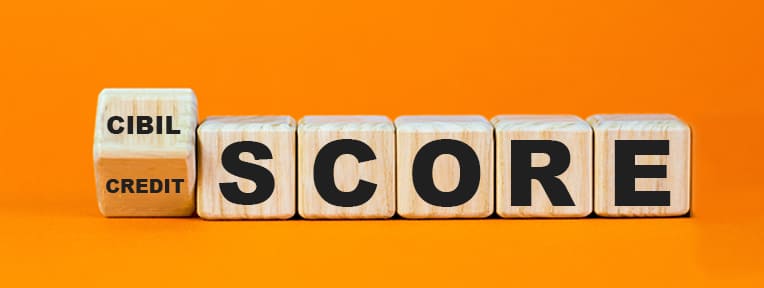
Is 700 a Good Credit Score, or Bad?
Posted on Tuesday, August 27th, 2024 | By IndusInd Bank
Your credit score is an important aspect of your financial health. It influences your ability to get loans, credit cards, and favourable interest rates. A 700-credit score is a common benchmark people wonder about: Is it good enough to secure positive loan terms? Does it reflect a healthy financial profile?
Let’s understand where this score stands in the broader range of credit scores so that you make better financial decisions.
Is a 700 Credit Score Good?
- A 700-credit score is considered good. Credit scores range from 300 to 900 in India. The higher the score in this range, the better the individual’s creditworthiness.
- A 700-credit score falls within the ‘Good’ umbrella, suggesting that you are a reliable borrower.
- While it is not at the top end of the scale, a 700-credit score implies you have a solid credit history with responsible financial behaviour.
- This score can qualify you for most credit cards and loans. However, you might not always get the best interest rates available.
What Happens If You Apply for a Credit Card with a 700 Credit Score?
Most banks would approve credit cards for a 700-credit score. However, you must consider certain aspects:
1. Interest Rates
While you can get approved for many credit cards for a 700 score, the interest rates you receive may not be the lowest available. Cards for those with ‘Very Good’ or ‘Excellent’ credit might offer better rates.
2. Credit Limits
You might receive moderate to high credit limits depending on your income and overall credit profile. A 700-credit score shows you manage credit well, which can be appealing to lenders.
3. Approval Chances
A 700-credit score increases your chances of approval. However, there is no guarantee of the best credit cards for a 700-credit score. You might encounter some limitations, such as fewer rewards compared to applicants with higher scores.
However, the credit card issuers consider various factors beyond your credit score. This can include your income, debt-to-income ratio, and credit history.
Tips on Improving Your Credit Score and Maintaining It
While a 700-credit score is good, aiming for a higher score can provide more financial benefits. Here are some ways to improve and maintain your credit score:
1. Pay Your Bills on Time
Make it a point to pay your bills on time each month/billing cycle. Payment history impacts your credit score on a major scale.
2. Keep Credit Utilisation Low
Credit utilisation refers to how much credit you are using compared to the total credit limit available to you. High credit utilisation can lower your score. Try to use less than 30% of your credit limit.
3. Avoid Opening Too Many New Accounts
Every time you apply for new credit, you lower your score. Hence, apply only when necessary.
4. Maintain Long-Term Accounts
Your credit history’s duration also affects your score. It is crucial to keep old credit accounts open and in good standing.
Also Read: What Happens When You Default on Credit Cards?
Conclusion
A 700-credit score is a solid indicator of good creditworthiness. While you can get a credit card for a 700 score, there is still room for improvement. Keep the above steps in mind to enjoy greater financial flexibility and access to better credit offers.
Looking for a credit card that complements your 700-credit score? Explore IndusInd Bank’s range of Credit Card offerings today!
IndusInd Bank has a diverse range of Credit Cards to suit the financial needs and credit score profiles of different individuals. Whether you are looking for high rewards programs, cashback offers on top brands, travel privileges like airport lounge access, or simply the convenience of a credit card, we have a solution for you.
Apply now for a Credit Card with IndusInd Bank now to get started!
Disclaimer:
The information provided in this article is generic and for informational purposes only. It is not a substitute for specific advice in your circumstances. Hence, you are advised to consult your financial advisor before making any financial decision. IndusInd Bank Limited (IBL) does not influence the views
of the author in any way. IBL and the author shall not be responsible for any direct/indirect loss or liability incurred by the reader for making any financial decisions based on the contents and information.



 Offers
Offers Rates
Rates Debit Card Related
Debit Card Related Credit Card Related
Credit Card Related Manage Mandate(s)
Manage Mandate(s) Get Mini Statement
Get Mini Statement
 categories
categories Bloggers
Bloggers Blog collection
Blog collection Press Release
Press Release


